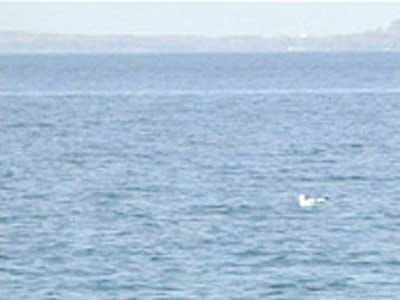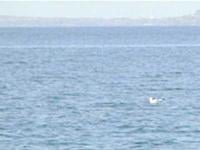BALTIMORE (AP/WBOC)- An international research team including Chesapeake Bay-focused scientists says the "dead zones" that have long plagued the bay have developed and worsened across the globe.
A dead zone is an area in which the water contains little to no oxygen, sometimes leading to massive fish kills. A United Nations Intergovernmental Oceanographic Commission work group led by Smithsonian Environmental Research Center marine ecologist Denise Breitburg found that since 1950, the number of "suffocating" coastal ecosystems has grown tenfold, while the problem has grown four-fold in the generally more stable open ocean environments.
Researchers say climate change has accelerated the growth. They say arming surface waters make it harder for oxygen to reach the ocean interior. Researchers say that furthermore, as the ocean as a whole gets warmer, it holds less oxygen, in an unfortunate twist, as animals in warmer waters need more oxygen. In coastal waters, excess nutrient pollution from land creates algal blooms, which drain oxygen as they die and decompose, even as it is disappearing.
University of Maryland Center for Environmental Science's Horn Point Laboratory director Michael Roman says the successful federally coordinated effort to reduce Chesapeake Bay dead zones offers lessons to the rest of the world.
Read more of the report here.






